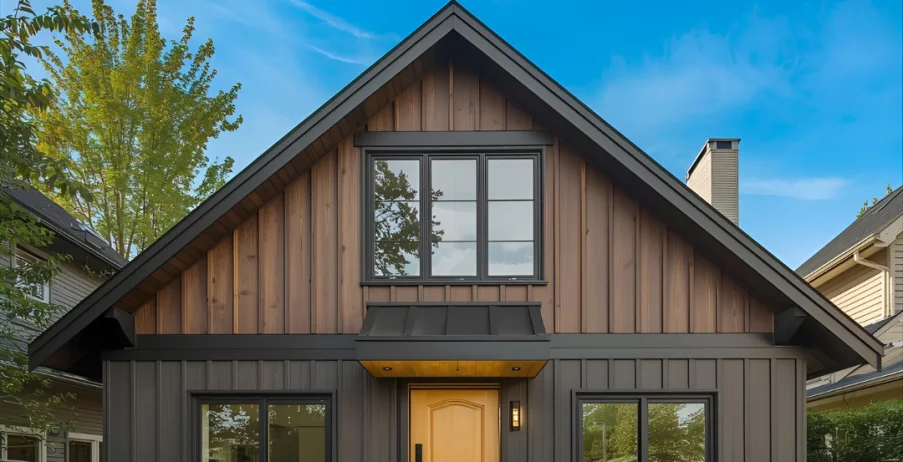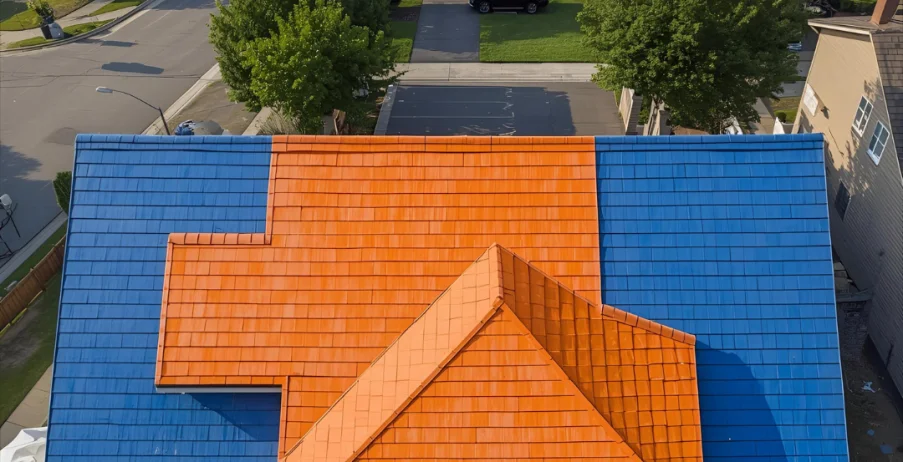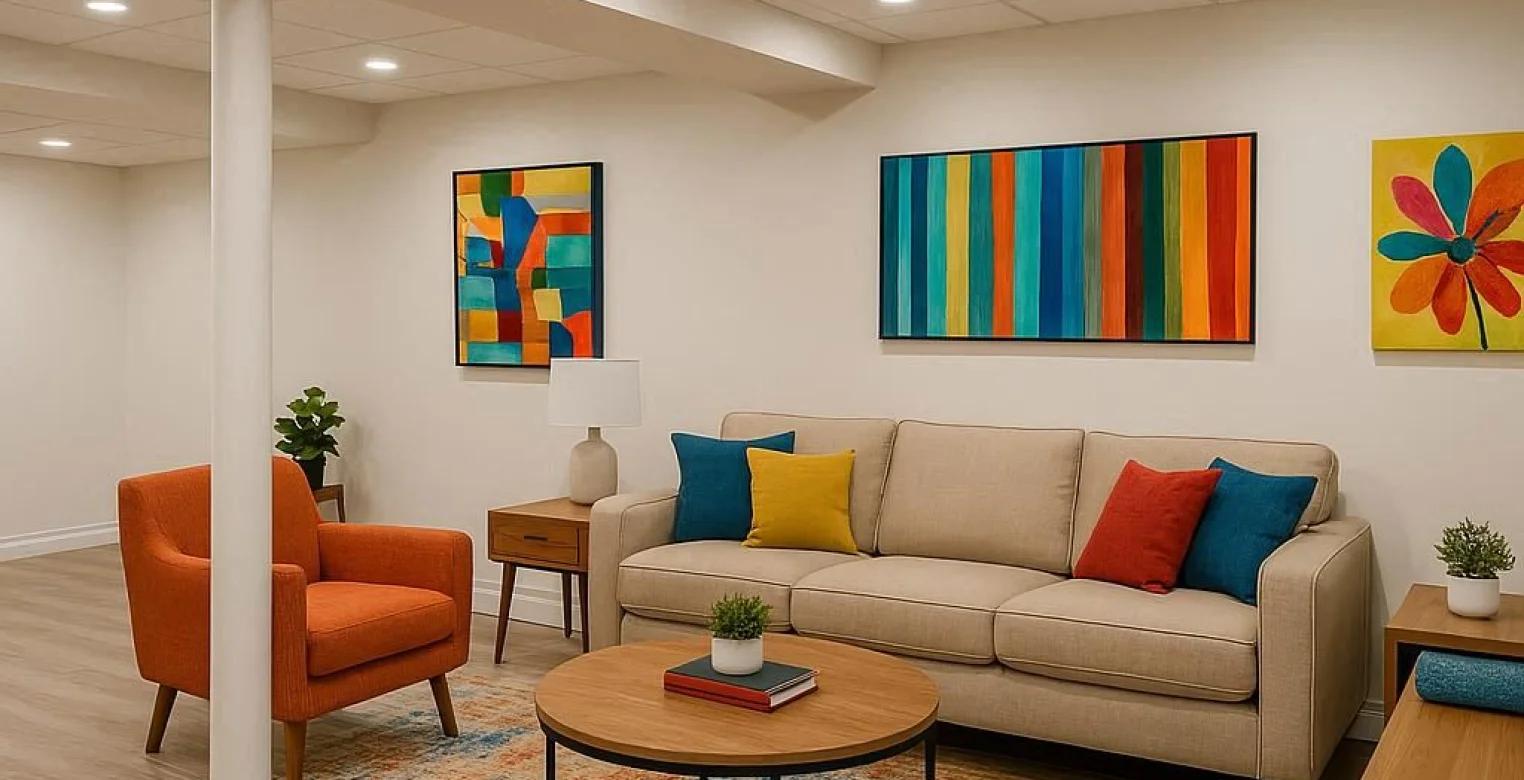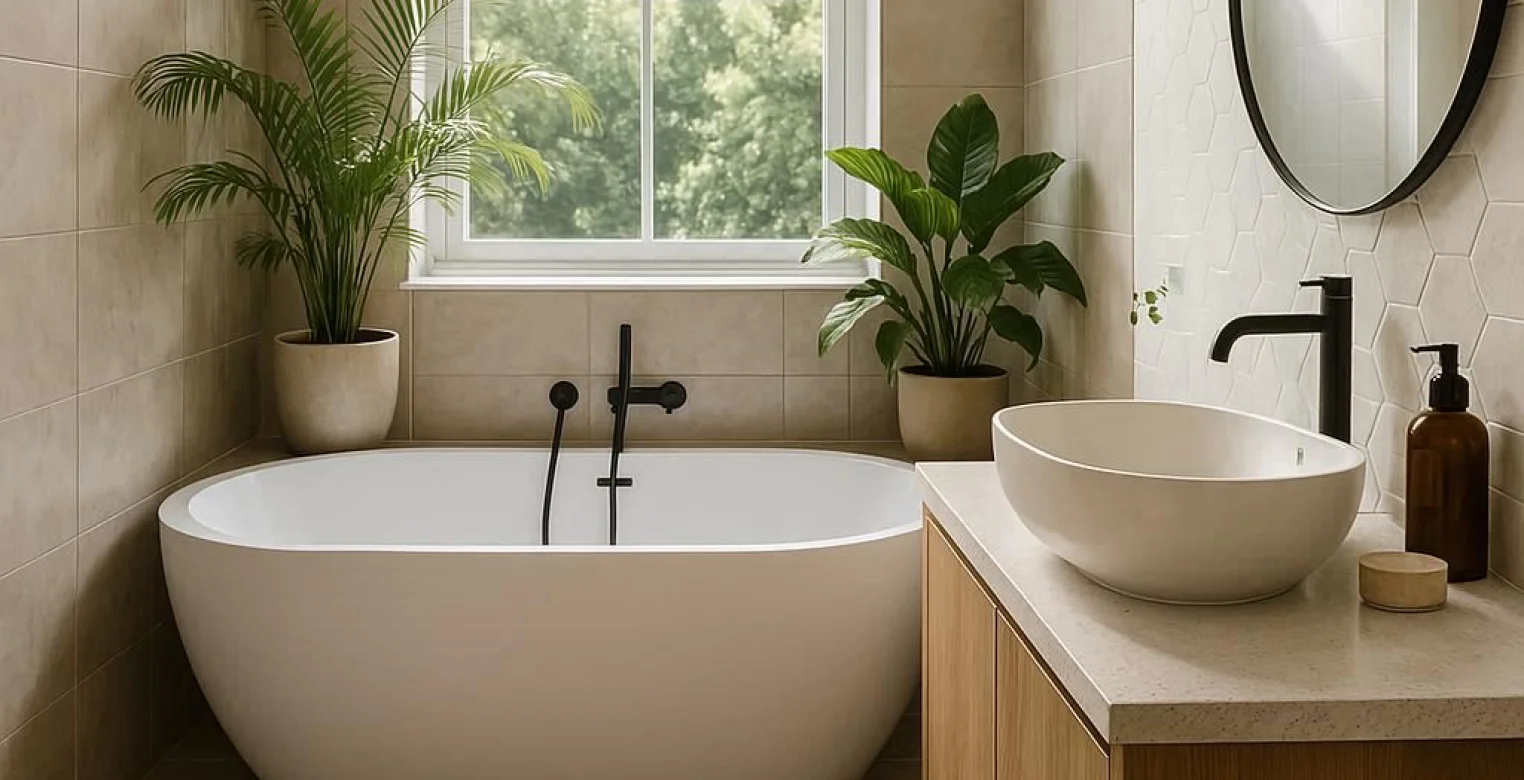
🏗️ The Ultimate Home Renovation Cost Guide in Canada (2025 Edition)
Published by Meinhaus.ca
Updated October 2025
Introduction: What Does a Home Renovation Really Cost in Canada?
Canadian homeowners are spending more on renovations than ever before — and not just because of rising material prices. Labour shortages, supply chain challenges, and stricter building codes have reshaped the economics of renovation.
In 2024, Canadians spent an estimated $83 billion on home improvements — a 4.8% increase from the previous year (Statista, 2025). As of 2025, the average homeowner in major urban centres like Toronto or Vancouver can expect to spend anywhere from $25,000 to $120,000 depending on project scope, finishes, and region.
This guide breaks down renovation costs by project type, province, and budget category, backed by data from national housing surveys, government reports, and Meinhaus’s own network of contractors across Canada.
Average Home Renovation Costs in Canada (2025 Overview)
Renovation costs vary dramatically depending on location, materials, and complexity. The following averages represent mid-range projects in 2025:
|
Project Type |
Average Cost (CAD) |
Low Range |
High Range |
Typical ROI |
|
Kitchen remodel |
$35,000–$65,000 |
$20,000 |
$120,000+ |
75–90% |
|
Bathroom remodel |
$15,000–$30,000 |
$10,000 |
$60,000 |
60–70% |
|
Basement finishing |
$30,000–$55,000 |
$25,000 |
$100,000 |
65–75% |
|
Full home renovation |
$90,000–$250,000 |
$60,000 |
$500,000+ |
70–80% |
|
Exterior upgrades (siding, windows, doors) |
$20,000–$45,000 |
$15,000 |
$80,000 |
55–65% |
Sources: CMHC (2025); RenoAssistance (2025); Houzz Canada (2025); Statista (2025).
Pro tip: Homeowners often underestimate the impact of design and labour complexity. A kitchen with custom cabinetry and premium stone countertops can cost double a standard IKEA-based renovation.
Renovation Costs by Province (2025)
The cost of renovations in Canada is heavily influenced by regional labour rates, supply costs, and permit fees.
|
Province |
Average Cost per Sq. Ft. |
Labour Intensity |
Permit Cost Range |
|
British Columbia |
$250–$400 |
High |
$1,500–$5,000 |
|
Alberta |
$200–$350 |
Medium |
$1,200–$3,500 |
|
Saskatchewan |
$180–$300 |
Medium |
$900–$2,500 |
|
Manitoba |
$180–$310 |
Medium |
$1,000–$2,800 |
|
Ontario |
$230–$380 |
High |
$1,500–$5,500 |
|
Quebec |
$200–$340 |
Medium |
$1,200–$4,000 |
|
Atlantic Canada |
$180–$310 |
Medium |
$800–$2,200 |
(Data compiled from CMHC 2025, StatCan 2024, and contractor pricing reports by Meinhaus network partners.)
Example: A 1,500 sq. ft. home renovation in Toronto typically ranges from $300,000 to $450,000, while a similar project in Winnipeg might cost $240,000 to $320,000.
Cost Breakdown: Where Every Dollar Goes
Understanding how your renovation dollars are allocated can help you plan more effectively.
|
Category |
% of Total Cost |
Description |
|
Labour |
30–35% |
Wages for tradespeople and contractors |
|
Materials |
40–45% |
Lumber, drywall, fixtures, cabinetry, flooring |
|
Permits & Fees |
5–10% |
Building permits, inspections, zoning approvals |
|
Design & Engineering |
10–15% |
Architect, designer, or engineer costs |
|
Contingency |
10–20% |
Allowance for unexpected costs |
Labour costs have risen by approximately 6% in 2025 compared to 2023, due to skilled trade shortages and higher demand (RBC Economics, 2025).
“Labour supply is the single biggest factor driving renovation costs,” says Mark Jensen, Senior Project Manager at Meinhaus.ca. “Homeowners should expect competitive rates in high-demand areas like the GTA and Lower Mainland.”
Hidden Costs Homeowners Often Forget
Even well-planned projects can encounter unexpected expenses. Commonly overlooked costs include:
-
Permit delays and design revisions – Municipal delays can add $1,000–$5,000 in holding costs.
-
Waste disposal and cleanup – Typically 2–4% of your total budget.
-
Temporary living costs – Renting while your home is under construction can add $2,000–$4,000/month.
-
Change orders – Mid-project design changes can raise costs by up to 15%.
Pro tip: Build a 15% contingency fund into every renovation budget. It’s cheaper to plan for surprises than to finance them later.
How to Budget for a Home Renovation
-
Define your must-haves and nice-to-haves.
Focus on high-ROI areas (kitchens, bathrooms, energy efficiency). -
Get multiple quotes.
Compare apples to apples — scope, finish level, and materials must be identical across quotes. -
Understand cost escalators.
Custom work, heritage properties, or restricted site access can raise costs by 10–25%. -
Use digital tools.
Try the Meinhaus Renovation Cost Calculator (available at Meinhaus.ca) to estimate your project by room and material type. -
Don’t forget long-term value.
Energy-efficient upgrades (windows, insulation, heat pumps) can reduce utility bills by up to 30% annually (Natural Resources Canada, 2024).
Expert Insights from the Field
According to a 2025 survey by Houzz Canada, 65% of homeowners exceeded their original renovation budget by at least 10%, primarily due to material upgrades and scope changes.
Partnering with an integrated design–build firm like Meinhaus helps mitigate these risks by aligning design, budgeting, and construction under one team.
Frequently Asked Questions (FAQ)
1. How can I estimate my renovation cost?
Use an online calculator or request a quote from multiple licensed contractors. Average rates are based on square footage, material grade, and labour intensity.
2. Is it cheaper to remodel or rebuild?
Rebuilds are often more cost-effective if over 50% of the structure needs replacement. However, renovation may preserve zoning and permit advantages.
3. What’s the best time of year to renovate?
Spring and summer are busiest (and priciest). Planning for fall or winter can reduce labour rates by 5–10%.
4. Can I DIY part of my renovation?
Small tasks like painting or demolition can save money, but major work (electrical, plumbing, structural) should always be done by licensed professionals.
Final Thoughts: Plan Smart, Build Better
A well-planned renovation is an investment — not just in your property value, but in your quality of life.
Understanding true renovation costs, regional differences, and budgeting strategies can save you tens of thousands over the life of your project.
Whether you’re upgrading your kitchen or renovating an entire home, Meinhaus.ca connects Canadian homeowners with vetted professionals to deliver quality craftsmanship and transparent pricing.
Ready to start your renovation journey?
Visit Meinhaus.ca to get your free project estimate today.
📚 References (APA)
-
Canada Mortgage and Housing Corporation. (2025). Housing Market Outlook 2025: Renovation Spending Trends. Ottawa: CMHC.
-
Houzz Canada. (2025). 2025 Houzz & Home Survey: Home Renovation Trends in Canada. Retrieved from https://www.houzz.com
-
Natural Resources Canada. (2024). Energy Efficiency in Canadian Homes. Retrieved from https://natural-resources.canada.ca
-
RBC Economics. (2025). Canadian Housing & Renovation Cost Index Q2 2025. Toronto: RBC.
-
RenoAssistance. (2025). Renovation Cost Guide Canada 2025. Retrieved from https://www.renoassistance.ca
-
Statista. (2025). Home Improvement Market Revenue in Canada 2018–2025. Retrieved from https://www.statista.com
-
Statistics Canada. (2024). Building Permits and Construction Price Indexes. Ottawa: Government of Canada.







